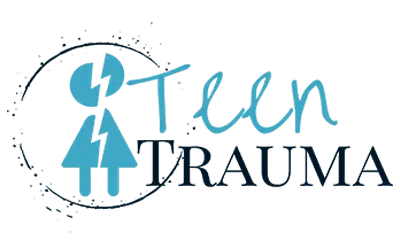- Types of Trauma

Traumatic Loss of a Loved One
Traumatic loss for teens stems from the sudden or violent death of a loved one, friend, or acquaintance.

Traumatic Sexual Abuse, Assault, or Exploitation
Sexual trauma for teens may be related to molestation or abuse, rape, or sexual exploitation associated with forced sex trafficking.

Traumatic Experiences Due to Abuse
Abuse trauma is caused by prior physical or emotional abuse, usually at the hands of a parent or caregiver.

Teen Trauma from Lost Relationships
How can you help your teen navigate loss resulting from divorce, break ups and other lost relationships?

A Detailed Guide to Youth Commercial Sexual Exploitation and Trafficking
Your child may be a victim. -What Every Parent MUST Know!

When You or Someone You Know is a Victim of Sexual Abuse?
Signs of Sexual Abuse, Recognizing a Sexual Abuser and Helping Teens Traumatized by Sexual Violence.
Teen Trauma Caused by Sexual Exploitation
Learn how to help a teenager affected by teen trauma due to sexual exploitation or other sexual abuse.

Parental Abuse or Neglect
Physical or emotional abuse at the hands of a parent, caregiver, or their partners.
- About Us
Our Story
Learn who we are and our mission
Contact
We'd loved to connect! Contact us and we will get back to you as soon as possible

Stay Informed
Stay in touch with us and we will share announcements, news, new stories and new resources
- Access Resources

Survivor Stories
- Take Action






